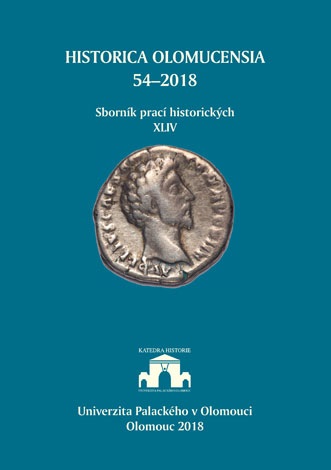Nacionální ukotvení rodopisného bádání v českých zemích 1918-1948
National Anchorage of Genealogical Research in the Czech Lands in 1918–1948
with Regards to the Periods of the Second Czechoslovak Republic and the Nazi Occupation
Author(s): Tomáš PánekSubject(s): History
Published by: Univerzita Palackého v Olomouci
Keywords: genealogy;historiography;national ideology;eugenics;Sudeten Germans;Czechoslovakia;protectorate;WWII;
Summary/Abstract: Genealogy aft er the year 1918 was understood as means of strengthening national unity in Czechoslovakia by Czech as well as Sudeten side. Th ese traces were found in research, diff erent activities and publications of genealogical institutions (Rodopisná společnost československá, Jednota starých českých rodů, Zentralstelle für sudetendeutsche Familienforschung). During the occupation, there was an attempt of re-orientation of the Sudeten German genealogy towards the Czech-German relations in the past because it was supposed to prove a German origin of certain groups of the Czechs (especially Liberec’s Kommission für Rassen- und Sippenforschung). Th is activity was connected to the Nazi eff ort of acquiring materials for the proces of Germanization in the protectorate. National tasks of the Czech genealogy were systematically strengthened under the infl uence of national threat in the years of 1938–1945. Th e Czech genealogists participated in a research about settled farming Czech families who were in a close relationship to the Czech agrarian politics publicly praised. At the same time, they proved Czech origin of important public personas and families of the Czech history. Th ey also studied how a register of positive and negative characteristics of ancestors could add to national Czech eugenics. Th ese Czech genealogical can be taken as a manifestation of the Czech national-defensive and anti-German historicism.
Journal: Historica Olomucensia. Sborník prací historických
- Issue Year: XLIV/2018
- Issue No: 54
- Page Range: 185-221
- Page Count: 37
- Language: Czech

